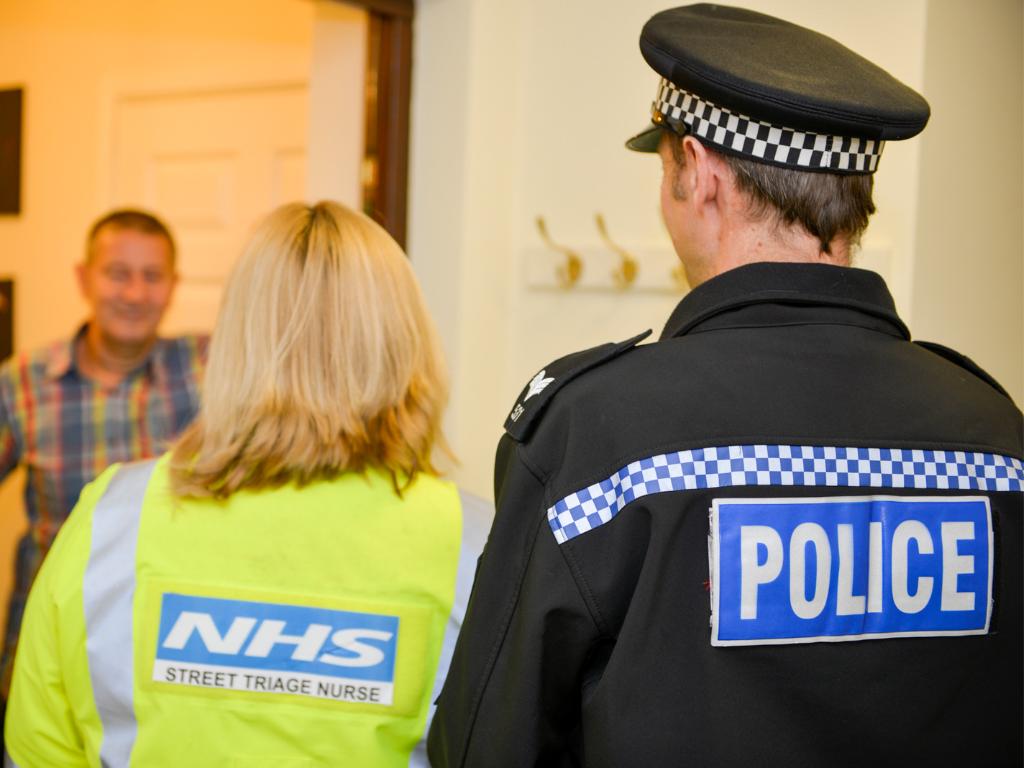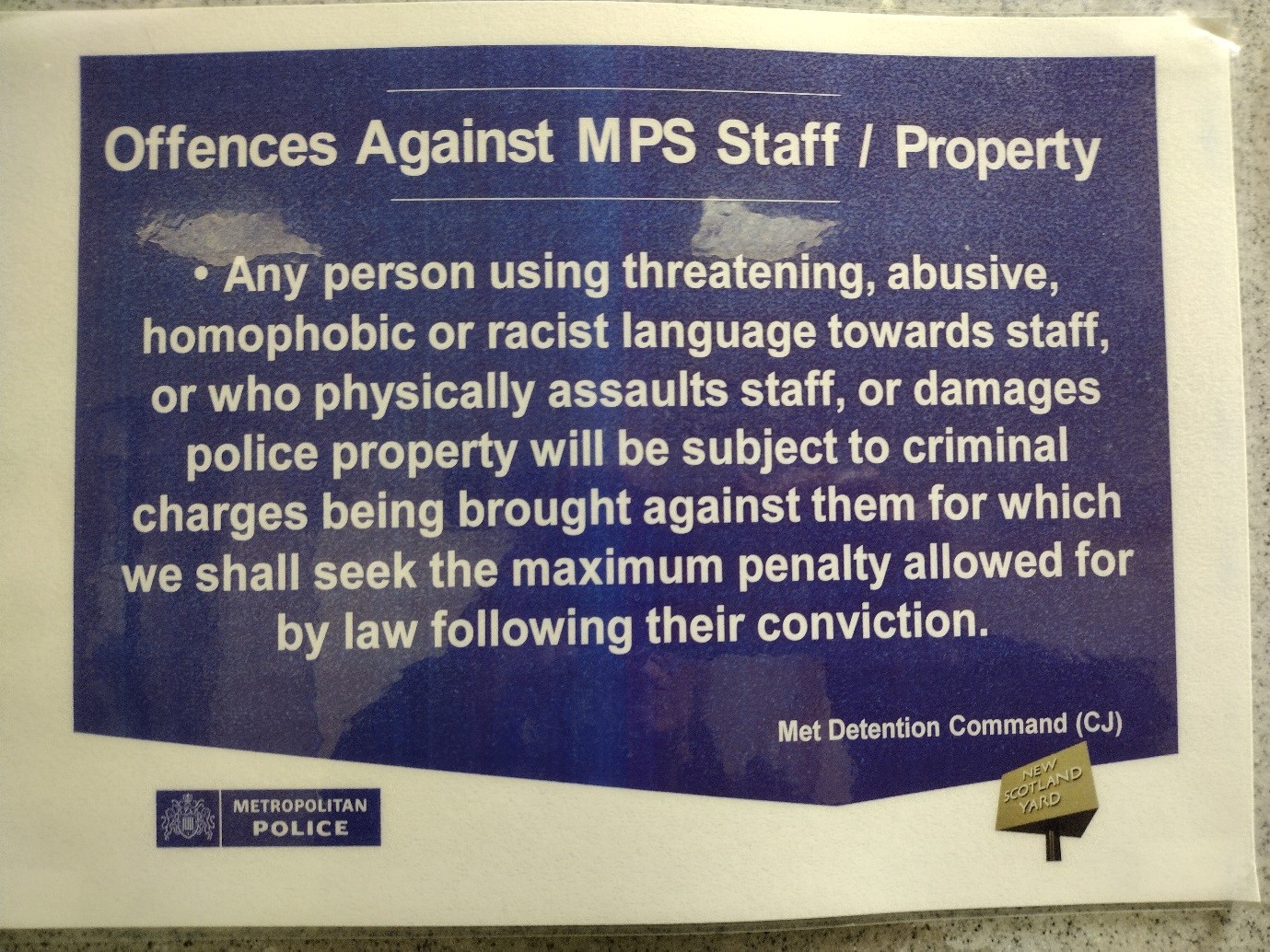



Of course no one should be assaulted while carrying out their work. But I do question whether prosecution really helps. It’s expensive and time consuming and I don’t know what it accomplishes. These aren’t premeditated acts, after all.Magistrate


Many emergency workers suffer violence from members of the public in the course of their work. Stories from police officers and A&E staff are particularly common, but such violence also affects staff on hospital wards and in specialist hospitals, as well as prison officers. Those who employ or represent emergency workers, under pressure to deal with increasing assaults against staff, look to the criminal justice system as a solution.
It’s easy to believe that a more punitive response will deter people from being violent and abusive towards emergency workers. But there is no evidence that harsher sanctions deter this sort of crime, and the government has denied any deterrent effect. Instead, the hike in prosecution and sentencing is having serious unintended consequences; sweeping more people into the criminal justice system, particularly those with mental health conditions, cognitive impairments or who are neurodivergent.
This report analyses recent data around assaults on emergency workers in the context of original research with police, NHS workers, and lawyers who have been involved in such incidents. We look at the harm caused by assaults and what practical measures can be taken to address that harm without unnecessarily channeling people with poor mental health or neurodivergent conditions into the criminal justice system.